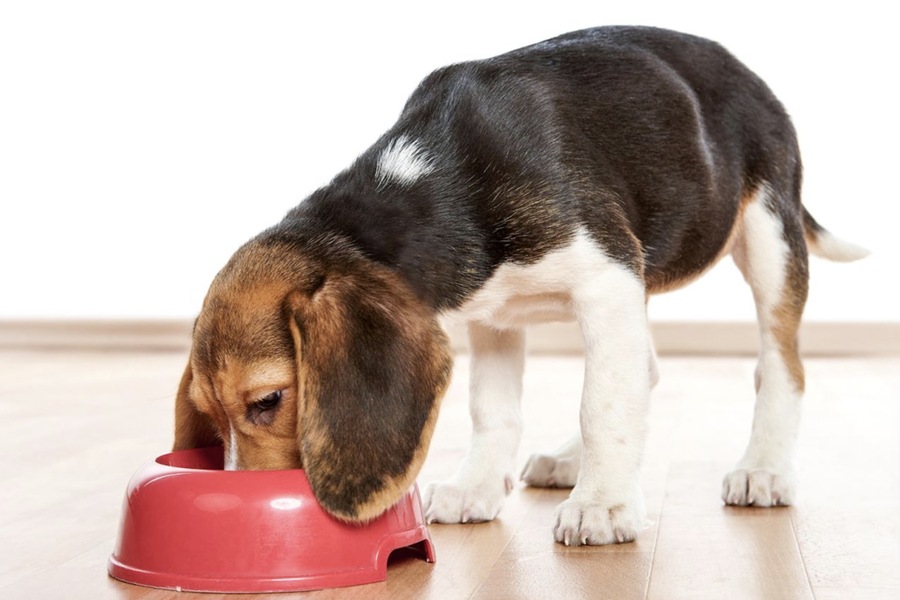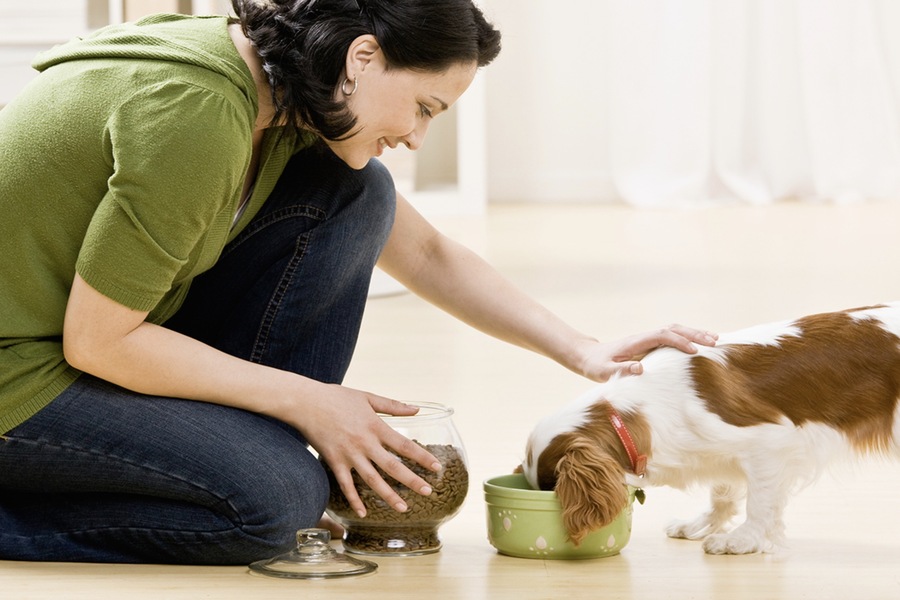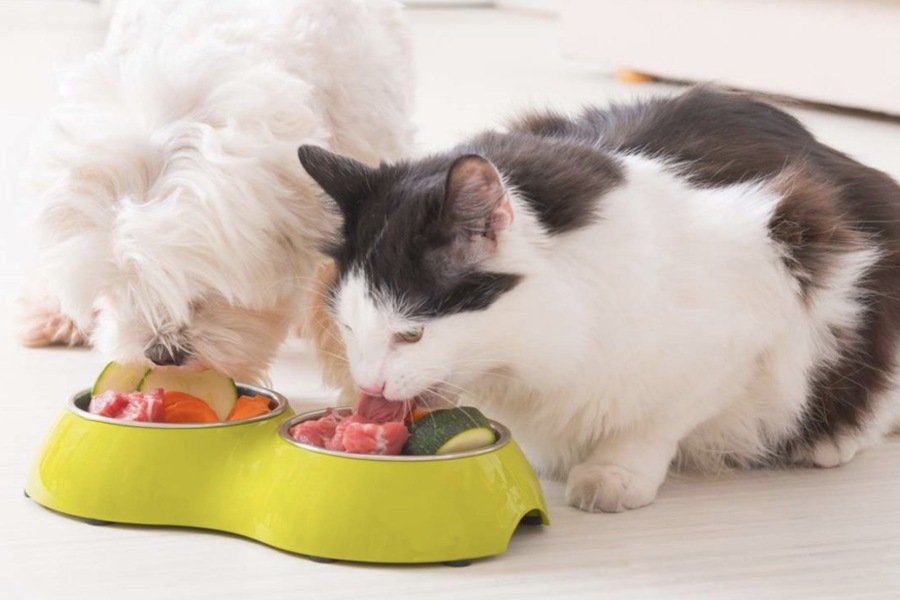Pet daycare centers play a crucial role in the daily lives of many pets, offering not only a safe space for socialization and exercise but also ensuring proper nutrition and feeding. Proper handling of pet nutrition is essential for maintaining the health and well-being of pets, and daycare centers adopt various strategies to manage this aspect effectively. This article explores the comprehensive approach daycare centers take to handle pet nutrition and feeding, detailing the procedures, challenges, and best practices.
Understanding Nutritional Requirements
Each pet has unique nutritional needs based on factors such as age, breed, size, health status, and activity level. Pet daycare centers must cater to these individual needs to ensure each pet receives appropriate nutrition.
Customized Feeding Plans
Daycare centers often work with pet owners and veterinarians to develop customized feeding plans. These plans take into account the pet’s dietary requirements, allergies, and preferences. A tailored feeding plan helps in meeting the specific nutritional needs of each pet, contributing to their overall health.
Regular Monitoring and Adjustments
Pets’ nutritional needs can change over time due to factors such as growth, aging, or health conditions. Daycare centers monitor pets regularly and adjust their feeding plans as necessary. This ongoing assessment ensures that pets continue to receive optimal nutrition throughout their stay.

Handling Different Types of Diets
Pet daycare centers encounter a variety of diets, including commercial pet food, homemade meals, raw diets, and therapeutic diets prescribed by veterinarians. Managing these different types of diets requires careful planning and execution.
Commercial Pet Food
Many pets consume commercial pet food, which is convenient and nutritionally balanced. Daycare centers ensure that pets are fed according to the instructions provided by the pet owners, maintaining consistency with their regular diet.
Homemade Meals
Some pet owners prefer to prepare homemade meals for their pets, often due to specific dietary preferences or health requirements. Daycare centers accommodate these needs by following detailed instructions from the pet owners to prepare and serve the meals as specified.
Raw Diets
Raw diets, consisting of uncooked meats, bones, and vegetables, are chosen by some pet owners for their perceived health benefits. Handling raw diets in a daycare for pets requires strict hygiene practices to prevent contamination and ensure the safety of both pets and staff.
Therapeutic Diets
Pets with specific health conditions may be on therapeutic diets prescribed by veterinarians. These diets are formulated to manage conditions such as diabetes, kidney disease, or allergies. Daycare centers must meticulously follow the feeding guidelines provided by veterinarians to support the pet’s health.
Managing Feeding Schedules
Maintaining a consistent feeding schedule is vital for the well-being of pets. Daycare centers implement structured feeding times that align with the pets’ routines at home.
Scheduled Feeding Times
Daycare centers typically establish set feeding times to ensure all pets receive their meals regularly. This schedule helps maintain a routine that pets are accustomed to, reducing stress and promoting a sense of security.
Individual Feeding Needs
Some pets may have specific feeding requirements, such as more frequent meals or timed feedings due to medical conditions. Daycare centers accommodate these needs by creating individualized feeding schedules and monitoring the pets closely.
Portion Control and Measuring
Accurate portion control is crucial in preventing overfeeding or underfeeding, which can lead to health issues such as obesity or malnutrition. Daycare centers employ precise measuring techniques to ensure each pet receives the correct amount of food.
Measuring Tools
Daycare centers use various measuring tools, such as measuring cups and digital scales, to portion out food accurately. This practice ensures consistency and helps maintain the pets’ ideal body weight.
Tracking Food Intake
Keeping track of each pet’s food intake helps in monitoring their nutritional status and identifying any changes in appetite that might indicate health issues. Daycare staff record the amount of food consumed by each pet during their stay.
Addressing Food Allergies and Sensitivities
Food allergies and sensitivities are common in pets and can cause symptoms ranging from gastrointestinal issues to skin problems. Daycare centers must be vigilant in managing these conditions.
Identifying Allergens
Pet owners provide detailed information about their pets’ allergies and sensitivities. Daycare centers use this information to avoid feeding any foods that might trigger allergic reactions.
Preventing Cross-Contamination
Preventing cross-contamination is critical in a daycare setting where multiple pets are fed different diets. Daycare centers implement strict hygiene practices, such as cleaning feeding areas and utensils thoroughly between uses, to prevent the transfer of allergens.
Hydration Management
Proper hydration is as important as nutrition for pets’ health. Daycare centers ensure that pets have constant access to fresh, clean water throughout the day.
Providing Fresh Water
Daycare centers routinely check and refill water bowls to ensure that pets stay hydrated. Clean water is essential for maintaining health and preventing dehydration, especially during physical activities.
Monitoring Water Intake
Staff monitor pets’ water intake to ensure they are drinking enough. Changes in drinking habits can be an early sign of health issues, prompting further observation or veterinary consultation.
Dealing with Special Feeding Requirements
Some pets have special feeding requirements due to medical conditions or dietary preferences. Daycare centers must be equipped to handle these unique needs.
Medical Conditions
Pets with conditions such as diabetes may require specific feeding times and insulin administration. Daycare centers work closely with pet owners and veterinarians to manage these conditions effectively, ensuring the pets receive the necessary care.
Dietary Preferences
Some pets may have preferences for certain types of food or feeding methods. Daycare centers strive to accommodate these preferences, providing a comfortable and enjoyable feeding experience for the pets.

Training and Staff Education
Well-trained staff are essential for managing pet nutrition and feeding effectively. Daycare centers invest in ongoing education and training for their staff to ensure high standards of care.
Nutrition Education
Staff receive training on pet nutrition, including understanding different types of diets and the nutritional needs of various breeds and life stages. This knowledge helps them provide informed care and make appropriate feeding decisions.
Handling Techniques
Proper handling techniques are crucial for managing different types of diets and preventing contamination. Staff are trained in safe food handling practices to maintain hygiene and ensure the safety of all pets.
Communication with Pet Owners
Effective communication with pet owners is key to managing pet nutrition and feeding. Daycare centers maintain open lines of communication to ensure that they meet the pets’ dietary needs accurately.
Detailed Feeding Instructions
Pet owners provide detailed feeding instructions, including the type of food, portion sizes, and feeding times. Daycare centers follow these instructions meticulously to maintain consistency with the pets’ home routines.
Regular Updates
Daycare centers keep pet owners informed about their pets’ eating habits and any observed changes in appetite or behavior. Regular updates help pet owners stay involved in their pets’ care and address any concerns promptly.
Regulatory Compliance and Best Practices
Compliance with regulatory standards and adherence to best practices are essential for maintaining high standards of nutrition and feeding in pet daycare centers.
Health and Safety Regulations
Daycare centers must comply with health and safety regulations set by local and national authorities. These regulations cover aspects such as food storage, hygiene practices, and vaccination requirements.
Best Practices
Implementing best practices, such as regular training, monitoring food intake, and maintaining clean feeding areas, ensures that daycare centers provide high-quality care. Continuous improvement and adherence to industry standards help maintain the well-being of the pets.
Conclusion
When it comes to managing pet nutrition and feeding in daycare centers, a holistic approach is key. This involves gaining a deep understanding of the nutritional requirements of each pet, effectively handling various types of diets, diligently maintaining feeding schedules, and catering to any special dietary needs. Daycare centers can create a secure and nurturing environment for pets by following best practices, adhering to regulations, and keeping pet owners informed through open communication. Managing nutrition and feeding is crucial for the overall health and well-being of pets. It provides pet owners with reassurance, knowing that their furry friends are receiving top-notch care.

I am happy to give reasonable advice on budgeting to people with any income level. I currently live in Portland, Oregon, and am ready to do freelance assignments and make presentations.
